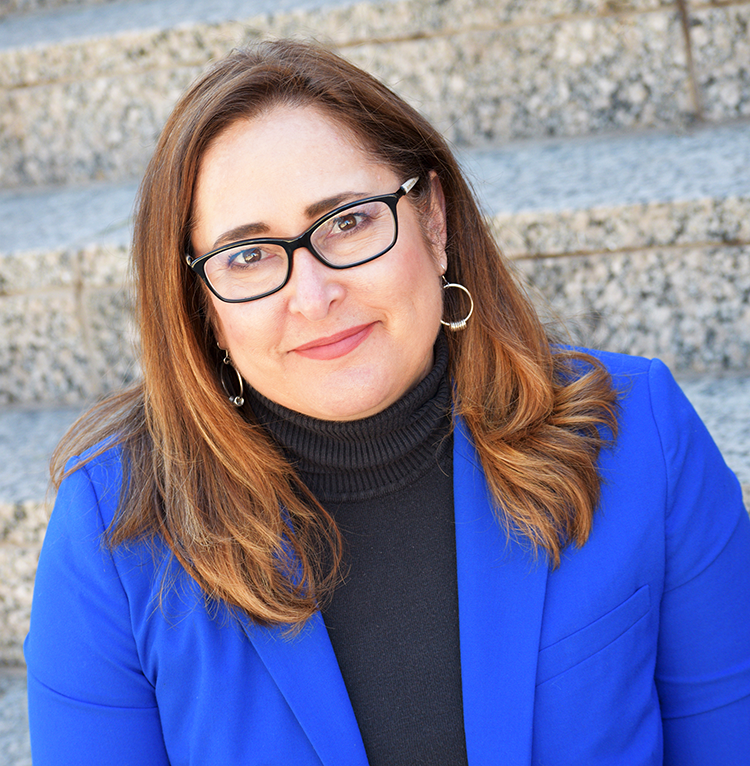Photo by Elyanna Juarez.
Teaching
I emphasize to my journalism students that there is no substitute for looking deeply into issues, critical thinking, understanding context and nuance, reading studies and not just the press releases, scouring government documents, asking tough questions and not allowing obfuscation and talking points to stand. Young journalists must understand the ethical guidelines most journalists operate under. And they need to become comfortable outside the newsroom doing “shoe-leather” reporting, interviewing people face to face and finding out where public records live and how to decipher them.
In addition to the “Introduction to Journalism” and “Community Public Affairs Reporting” classes, I teach ethics and a “Writing for Communication” class. I am currently developing one on investigative reporting and intend to train students to hold leaders to account, illuminate important societal issues and educate news consumers.
As a Professor of Practice I believe it is vital to make sure someone with knowledge and skills can share those effectively in a formal classroom setting. I have been investing time and effort to improve since I started teaching in 2016 and earned a Certificate in Teaching Practices for Student Engagement and Success. The course is offered by the Association of College and University Educators and among several I have taken to become better in the classroom after spending years in the industry.
I was named an “Educator of Influence” in my first year at Northern Arizona University, an honor many educators never receive in their entire career here. I have also spent personal time mentoring one student who had the lofty goal of filing one open records request each business day for a year. His independent project on the Freedom of Information Act and public records is ongoing as he evaluates the data.
